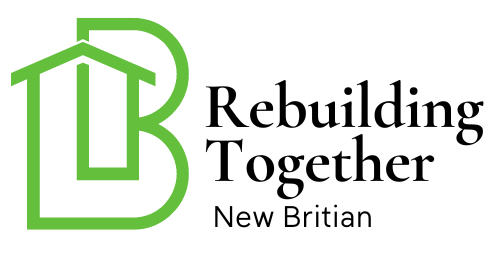As people age, the desire to remain in their own homes, known as aging in place, becomes increasingly appealing. Understanding the available insurance options for aging in place is crucial for homeowners who wish to maintain their independence and security. This article provides a detailed exploration of the various insurance options that can support this lifestyle choice, ensuring peace of mind for both seniors and their families.

Understanding Aging in Place
Aging in place refers to the ability of individuals to live in their own home and community safely, independently, and comfortably, regardless of age, income, or ability level. It emphasizes the importance of a supportive environment that accommodates the evolving needs of seniors.
The Importance of Insurance for Aging in Place
Having the right insurance coverage is vital for seniors who choose to age in place. It not only provides financial protection but also ensures access to necessary resources and services, such as home modifications and healthcare support. Whether it’s through health insurance, long-term care insurance, or home insurance, understanding the available options is key.
Health Insurance
Health insurance is an essential component of aging in place. It covers medical expenses, including doctor visits, hospital stays, and prescription medications. Seniors should explore Medicare, Medicaid, and private health insurance plans to find the best fit for their healthcare needs.
Long-Term Care Insurance
Long-term care insurance is designed to cover services not typically covered by health insurance, such as assistance with daily activities, in-home care, and nursing home care. It provides financial support for seniors who require long-term care services, allowing them to age in place with the necessary assistance.
Home Insurance
Home insurance is crucial for protecting the physical structure of the home and its contents. It provides coverage for damages caused by natural disasters, theft, or accidents. Additionally, some policies may offer liability coverage in case of injuries on the property. Seniors should review their home insurance policies to ensure adequate coverage for their needs.
Additional Insurance Options
Disability Insurance
Disability insurance provides income replacement if a senior becomes unable to work due to a disability. It ensures financial stability during unexpected health challenges, helping seniors maintain their lifestyle and cover essential expenses.
Life Insurance
Life insurance offers financial protection for loved ones in the event of a senior’s passing. It can help cover funeral expenses, debts, and provide financial support to beneficiaries. Seniors should consider their financial goals and family needs when selecting a life insurance policy.
Annuities
Annuities provide a steady income stream for retirees, ensuring financial security during retirement years. Seniors can choose from various types of annuities to suit their financial goals and risk tolerance.
Home Modifications and Insurance
To age in place safely, many seniors require home modifications such as grab bars, ramps, and stairlifts. Some insurance policies may cover these modifications or offer discounts on premiums for homes equipped with safety features. It’s important for seniors to explore these options to enhance their living environment.
For more information on making your home senior-friendly, visit Home Safety Tips.
Choosing the Right Insurance
Selecting the appropriate insurance options requires careful consideration of individual needs and circumstances. Consulting with insurance professionals and exploring various policies can help seniors make informed decisions. It’s essential to review coverage options, premiums, and benefits to ensure they align with aging in place goals.
Preparing for the Future
Planning for the future is essential for successful aging in place. Seniors should regularly review their insurance coverage, update beneficiaries, and consider potential changes in health or living arrangements. By staying proactive, seniors can ensure they have the necessary support to maintain their independence and quality of life.
Conclusion
Aging in place is a desirable goal for many seniors, and having the right insurance options is crucial for achieving it. By understanding the available insurance choices and making informed decisions, seniors can enjoy the comfort and security of their own home while receiving the necessary care and support.
For more tips on enhancing senior safety at home, consider exploring resources like Video Doorbells and Motion Sensor Lights.

Frequently Asked Questions
What is aging in place?
Aging in place refers to the ability to live independently and safely in one’s own home as one ages, with access to necessary services and support.
Why is insurance important for aging in place?
Insurance provides financial protection and access to resources and services that support seniors in maintaining their independence and quality of life while aging in place.
What types of insurance should seniors consider for aging in place?
Seniors should consider health insurance, long-term care insurance, home insurance, disability insurance, life insurance, and annuities to support their aging in place goals.
This article contains affiliate links. We may earn a commission at no extra cost to you.

